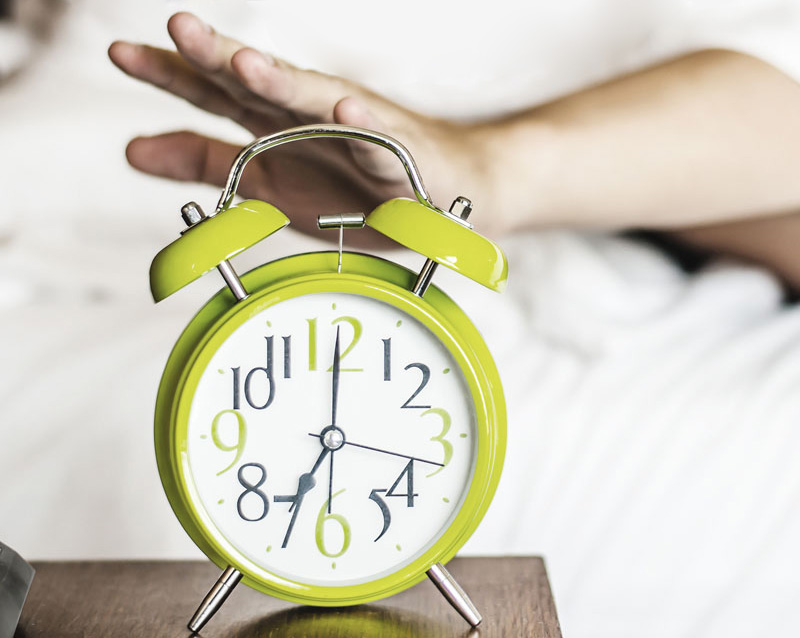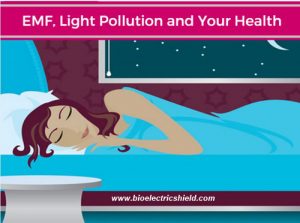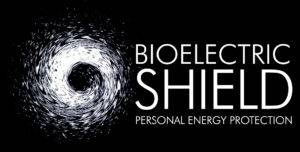
Are you having trouble sleeping soundly all night? Is it possible that light is affecting your sleep patterns?
Did you know that exposure to the bright light from your phone and tablet screens can affect your internal body clock – which then affects your sleep? The body has a circadian rhythm that responds to the amount of light you are exposed to. Fifty years ago, we didn’t spend our evenings watching a movie on our laptops or entertaining ourselves with our smartphones. But today, it’s common to catch a movie on your laptop, phone, or tablet. The amount of light we were exposed to from a regular TV was much lower than the bright light we receive from our screens.
The Light – Sleep Experiment
Eight researchers came up with a fascinating experiment, which was published in the Journal of Physiology on April 29, 2018. The hypothesis of the researchers was that there is an unchanging association between the suppression of melatonin and the resetting of circadian rhythm as determined by light exposure. Every night, as it gets dark, the natural response of the brain is to produce melatonin, which gives us the urge to go to sleep. We all know that if we are camping, and not using artificial light sources, once it gets dark, we naturally begin to get sleepy. That’s because melatonin is being released. In today’s world, it can be pitch black outside, but if you have your iPad providing you with entertainment, it’s likely you can stay for hours. Why is this?
To find out, researchers exposed 16 healthy participants to a variety of light conditions in a 9-day inpatient setting. They wanted to know if exposure to bright lights (9,500 lux) on an intermittent basis would start to disrupt the normal circadian (waking-sleep cycle) rhythm in the participants. Exposure time was between 12 minutes up to 6.5 hours.
What happened and what can we learn?
Predictably, the bright light consistently resulted in the suppression of melatonin. It did not necessarily result in an equal disruption of their waking-sleep cycles. They concluded that simply randomly exposing subjects to bright lights would only suppress melatonin during those exposure times – meaning that bright light affects your sleep.
Good Sleep for You
If we are to glean some very useful information from this study, the natural conclusion is that if you spend your evening hours exposing your brain to the very bright lights of your tablet or Smartphone, you may expect to experience some difficulty getting to sleep or staying asleep. If you simply cannot be without your technology – at the very least turn on night mode, which reduces the bright light to a more yellow, and turn down the brightness level. I found that in a dark room, brightness even at the lowest setting possible is enough.
Far better would be for you to watch a TV that is several feet away from in a room that also has room lights on, which effectively equalizes the light atmosphere. Or, if you enjoy books, your best choice for a good night’s sleep is to read a book that is NOT on a Kindle or any e-reader. The good old-fashioned printed book is a friend to producing melatonin as it gets later in the evening. Many people I know take a good book to bed. It serves to relax them and allow their bodies to slow down, produce melatonin and enjoy a good night’s sleep.
For those of you who want to read the details, read the original study.
Darkness and reduced EMF both help Sleep

“There’s small but detailed literature demonstrating that Magnetic Fields interfere with the action of pineal cells in synthesizing melatonin.” Translation: our human light reaction threshold is sensitive to EMF. If we get over-stimulated, we don’t produce enough of the antioxidants, and anti-inflammatory, anti-cancer agents we need to stay healthy. (From Henshaw’s 2012 paper)
The results can be serious. Henshaw found that
“Disruption by light-at-night is associated with (i) increased cancer risk in animals and in humans, (ii) with depression and possibly miscarriage.”
He theorized that reduced melatonin production could cause an increase in free radicals and inflammation, creating a predisposition for illnesses like cancer. Read the NIH article about light pollution here….
And it’s not only light that disrupts our sleep. Henshaw reports that Wever’s 1979 study demonstrated that EMF effects change human sleep patterns even after exposure has stopped. In his study, human volunteers became “entrained” or adapted when exposed to 2.5V/m electric fields for several weeks, disrupting the normal 24-hour circadian rhythm in an effect that lasted several days after the experiment’s end. Find other studies and more resources here…
In this case, the solution is in your hands! I’ve already written about ways you can turn off or protect yourself wifi and other EMF signals when you’re ready to disconnect. One of my favorites is to always have a Room Shield in the bedroom.
Add one more step: before you settle into your comfortable bed, make sure you’ve drawn the curtain, turned off the TV, and give yourself healthy, restorative darkness.
If you can’t make the environment entirely dark, try an eye mask. Your immune system will thank you for it.


0 Comments